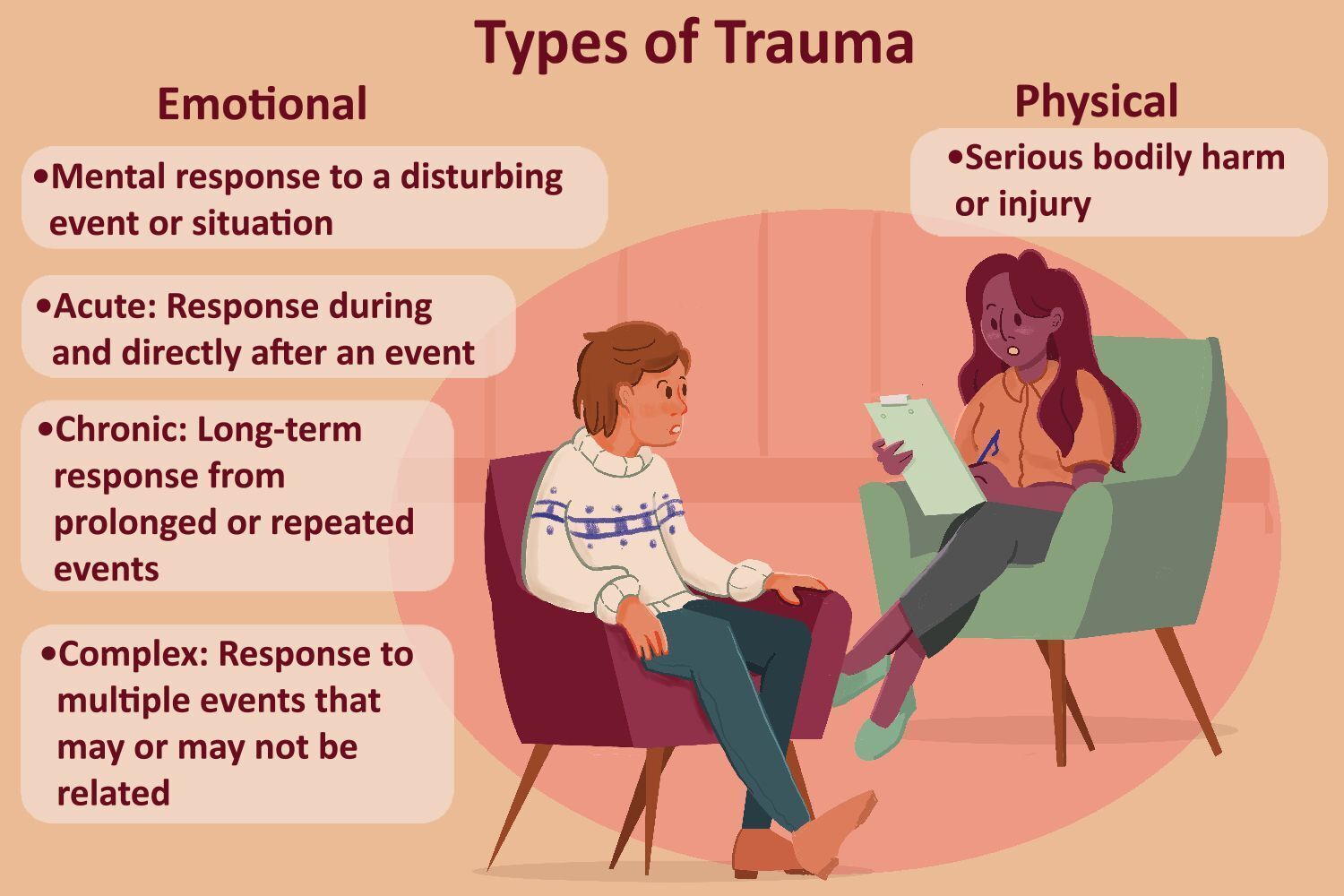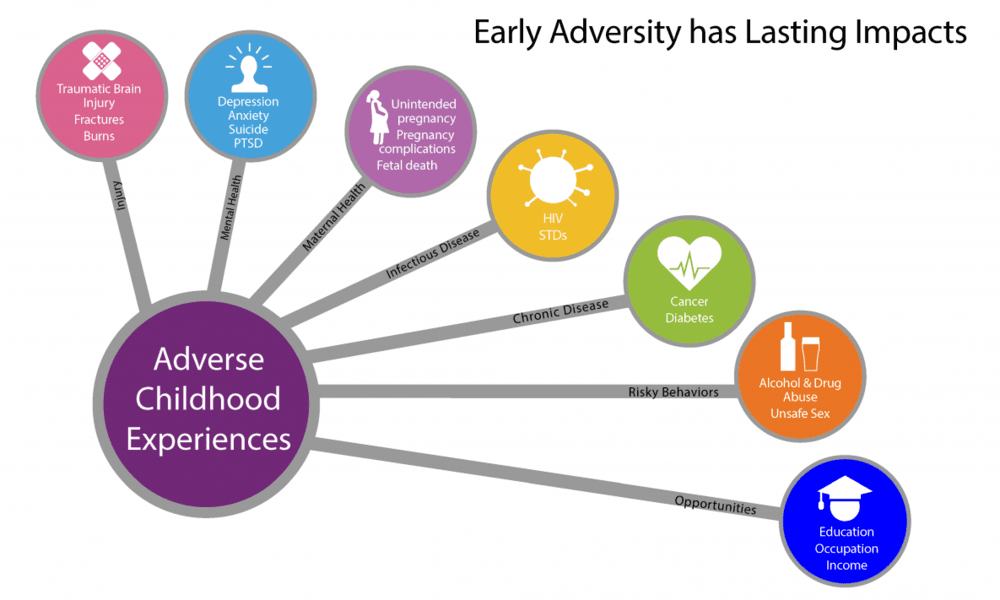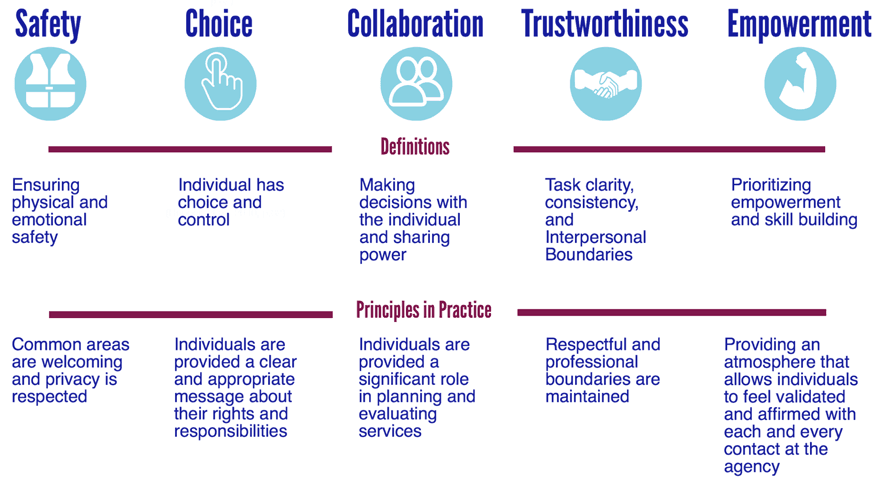Trauma and Crisis
Any traumatic event—from a personal tragedy to a global crisis—can take an emotional toll and cause traumatic stress. But there are ways to regain control of your life.
The Emotional Response to Traumatic Events
It is normal to experience traumatic stress following a disturbing event, whether it is a traffic accident, plane crash, violent crime, terrorist attack, global pandemic, or a natural disaster like an earthquake, hurricane, or flood. You may feel intense shock, confusion, and fear, or feel numb or overwhelmed by a host of conflicting emotions, sometimes all at once. And these emotions are not limited to the people who experienced the event. Round-the-clock news and social media coverage means that we are all bombarded with horrific images of tragedy, suffering, and loss almost the instant they occur anywhere in the world. Repeated exposure can overwhelm your nervous system and create traumatic stress just as if you experienced the event firsthand.
Traumatic stress can shatter your sense of security, leaving you feeling helpless and vulnerable in a dangerous world—especially if the traumatic event was manmade, such as a shooting or act of terrorism. You may feel physically and emotionally drained, overcome with grief, or find it difficult to focus, sleep, or control your temper. These are all normal responses to abnormal events.
Often, the unsettling thoughts and feelings of traumatic stress—as well as any unpleasant physical symptoms—start to fade as life gradually returns to normal over the days or weeks following a catastrophic event or crisis. But there is also a lot you can do to assist in your recovery and better come to terms with the trauma you have experienced. Whether you lived through the event itself, witnessed it, were an emergency responder or medical worker, or experienced traumatic stress in the aftermath, there are plenty of ways to calm your nervous system and regain your emotional balance.

Signs And Symptoms of Traumatic Stress
Whether or not the traumatic event directly impacted you, it is normal to feel anxious, scared, and uncertain about what the future may hold. Your nervous system has become overwhelmed by stress, triggering a wide range of intense emotions and physical reactions. These symptoms of traumatic stress can range from mild to severe and often come and go in waves. There may be times when you feel jumpy and anxious, for example, and other times when you feel disconnected and numb.
Emotional symptoms of traumatic stress include:
- Shock and disbelief. You have a hard time accepting the reality of what happened or feel numb and disconnected from your feelings.
- Fear. You worry that the same thing will happen again, or that you will lose control or break down.
- Sadness or grief, especially if people you know died or suffered life-altering consequences.
- Helplessness. The sudden, unpredictable nature of violent crime, accidents, pandemics, or natural disasters can leave you feeling vulnerable and helpless, and even trigger anxiety or depression.
- Guilt that you survived when others died or feeling that you could have done more to help.
- Anger. You may be angry at God, governments, or others you feel are responsible, or be prone to emotional outbursts.
- Shame, especially over feelings or fears that you cannot control.
- Relief. You may feel relieved that the worst is over, that you were not as badly affected as others, or even hopeful that your life will return to normal.
- Physical symptoms include:
- Feeling dizzy or faint, stomach tightening or churning, excessive sweating.
- Trembling, shaking, experiencing cold sweats, having a lump in your throat, or feeling choked up.
- Rapid breathing, pounding heart, even chest pains or difficulty breathing.
- Racing thoughts, being unable to rest or stop pacing. You may also have difficulty concentrating, memory problems, or confusion.
- Changes in your sleeping patterns. You experience insomnia or nightmares, for example
- Unexplained aches and pains, including headaches, changes in sexual function.
- Loss or increase in appetite, or excessive consumption of alcohol, nicotine, or drugs.

Trauma Informed Care
Here at MHA in Orange County, we are incredibly proud of our history of providing exceptional services Orange County residents affected by mental health, developmental disabilities, or have been affected by a crisis. We embrace the philosophy of trauma informed care. The vast majority of people who use our services are survivors of childhood and adult trauma. The revolution involves transforming the culture of service delivery so as not to re-traumatize individuals and to create the optimal conditions for healing and recovery. Trauma informed care realizes, recognizes, and responds to the widespread impact of trauma on the individuals we have the privilege of supporting every day. Through utilization of six key principles of trauma informed care, we help people find a path to recovery, promoting strength, empowerment and resilience. The six principles all staff are being trained in are:
- Safety
- Trustworthiness and transparency
- Peer support
- Collaboration and mutuality
- Empowerment, voice and choice
- Cultural, historical and gender issues



